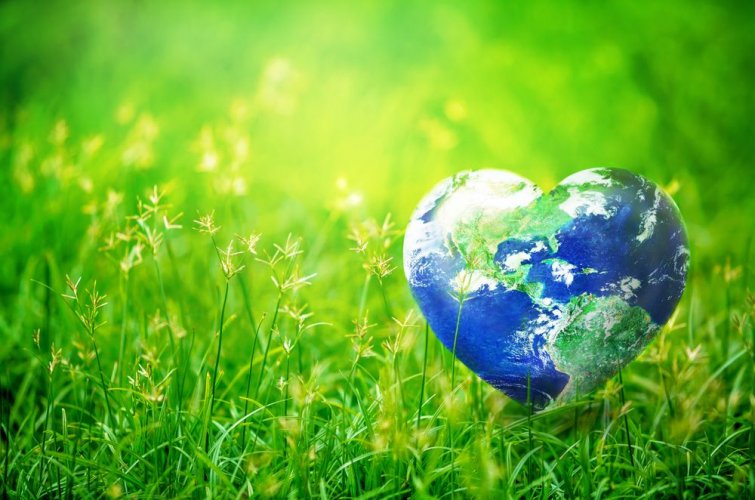From November 11 to 22, the 29th UN Conference on Climate Change – the so-called COP29 – will be held in the capital of Azerbaijan, Baku.
EcoPolitic has prepared for its readers basic information about this annual summit, as well as about an important international agreement – the Paris Climate Agreement, which is always in the center of attention at UN climate conferences.
What is the Paris Agreement?
The Paris Climate Agreement is a legally binding international agreement on climate change.
Date of signing: December 12, 2015.
Entry into force: November 4, 2016.
Sign: 194 parties – 193 countries and the EU.
Signing place: The UN Climate Change Conference COP21 in Paris.
The most important commitment: prevent the global temperature from rising by more than 1.5°C and keep it "well below" 2°C compared to pre-industrial times to avoid serious climate impacts from global warming, including floods, heatwaves and severe droughts.
Other obligations:
- providing financing to poorer countries to transform their energy systems and adapt to the effects of climate change;
- reducing its emissions to "net zero" between 2050 and 2100.
Why the Paris climate agreement became iconic: for the first time, all countries united to fight climate change and adapt to its consequences.
What have countries done since signing the Paris Agreement?
The Paris Agreement operates on a five-year cycle, which accelerates increasingly ambitious climate actions driven by the constant improvement of "green" technologies.
From 2020, countries submit their national climate plans, known as nationally determined contributions (NDCs). They contain information about what actions the state intends to take to reduce greenhouse gas emissions and achieve the goals of the Paris Climate Agreement. Each subsequent cycle is expected to demonstrate a higher level of ambition than the previous one.
What is COP?
Every year, countries meet at international climate talks known as Conferences of the Parties or COPs. It was at the 21st Conference of the Parties in Paris that they agreed on the details of the Paris Agreement. The UN climate conferences are currently the main opportunity for signatories to increase their efforts to achieve the goals of the main climate agreement.
Is there progress in achieving the main goal of the Paris Agreement?
According to a recent UN report, plans and policies are now in place will lead to a global temperature increase of 2.6-3.1°C already this century, contrary to the goal of 1.5°C declared in the Paris Climate Agreement. Experts analyzed national programs to reduce greenhouse gas emissions and found that these national policies are "miles" behind efforts to limit catastrophic warming.
What this means for COP29
This year, the countries are expected to agree on a new target for climate finance, as well as clearer guidelines for trading international carbon credits.
Many countries may also use COP29 as an opportunity to announce their updated NPPs, due in February 2025.
Next year, at COP30 in Brazil, it will be 10 years since the signing of the Paris Agreement and 5 years until the goal of halving global emissions by 2030 is reached. Experts expect this to be a defining moment for climate action.
Earlier, EcoPolitic informed that the key topic of COP29 will finance. We also told why, according to experts, COP still failed solve the problem of climate change.
Among other things, EcoPolitics informed about plans and expectations Ministry of Environment Protection and Natural Resources of Ukraine from the UN Conference on Climate Change in 2024.





